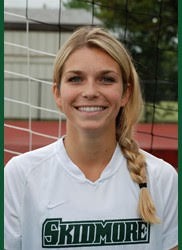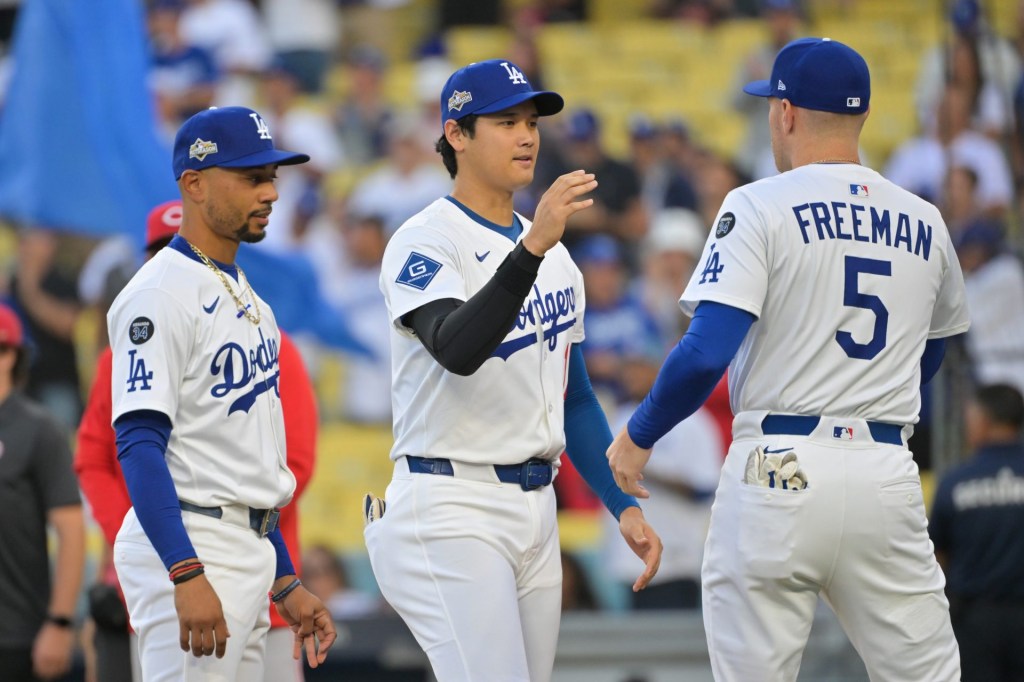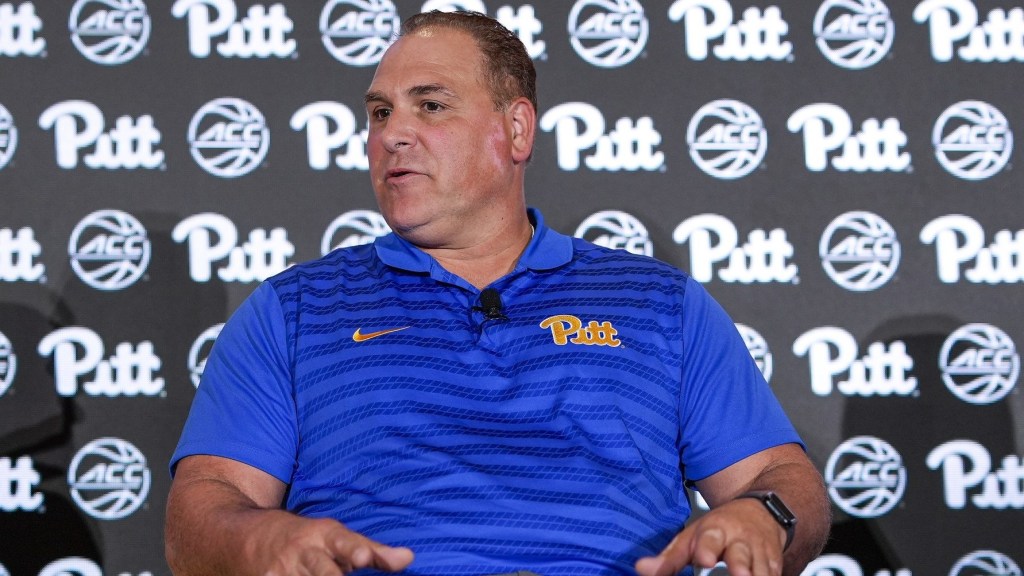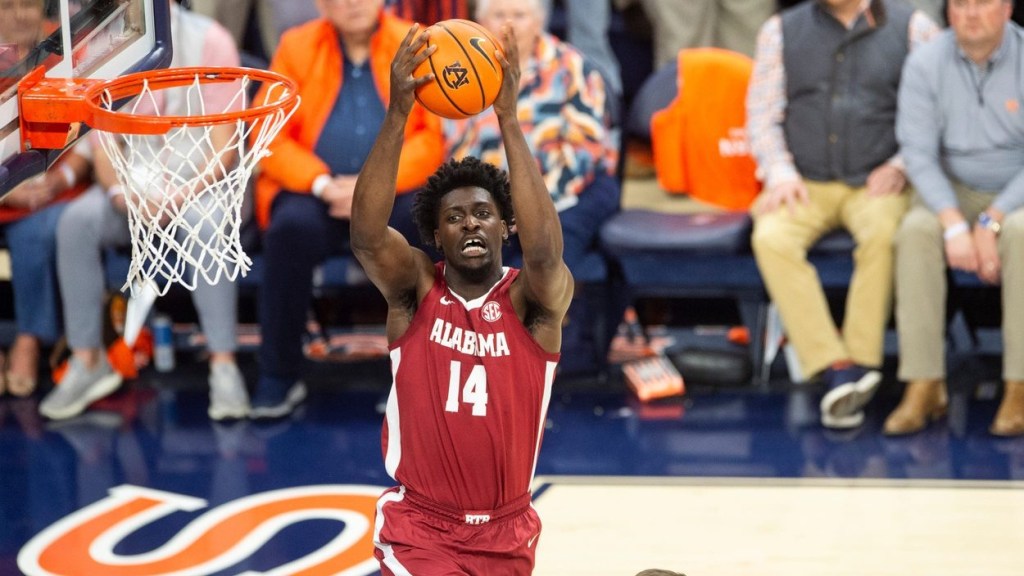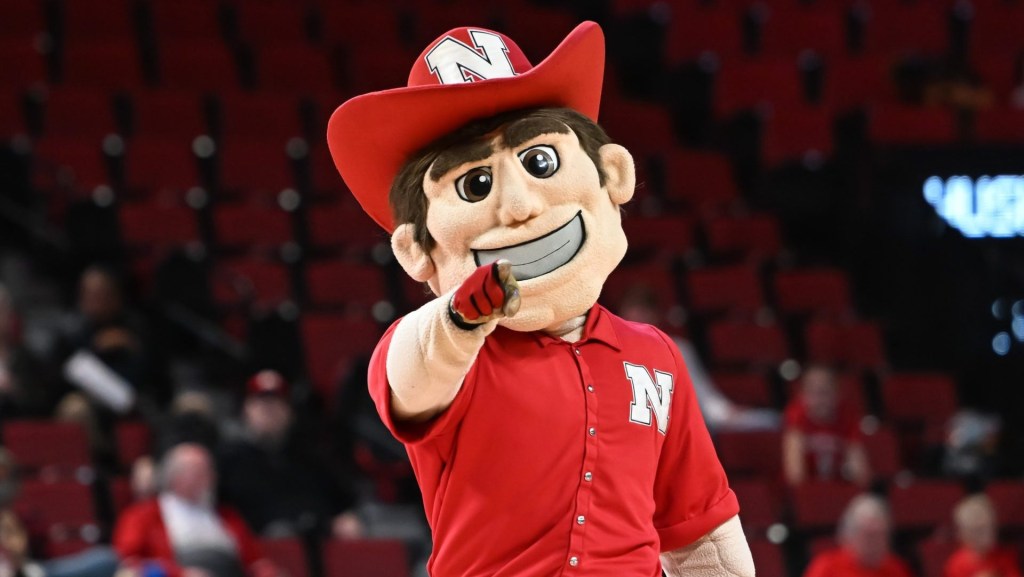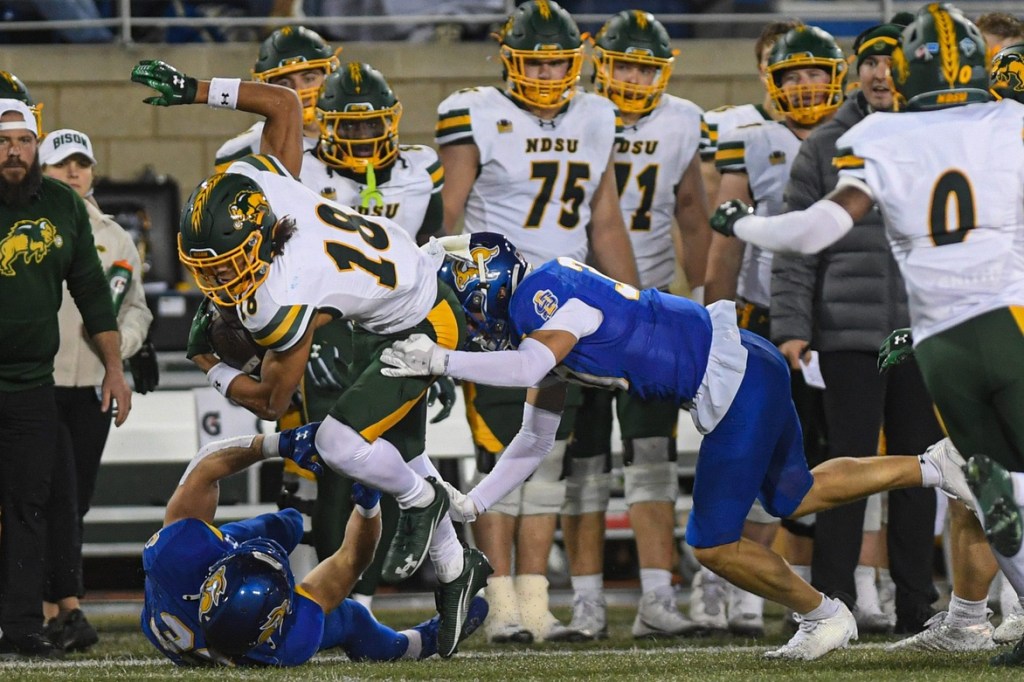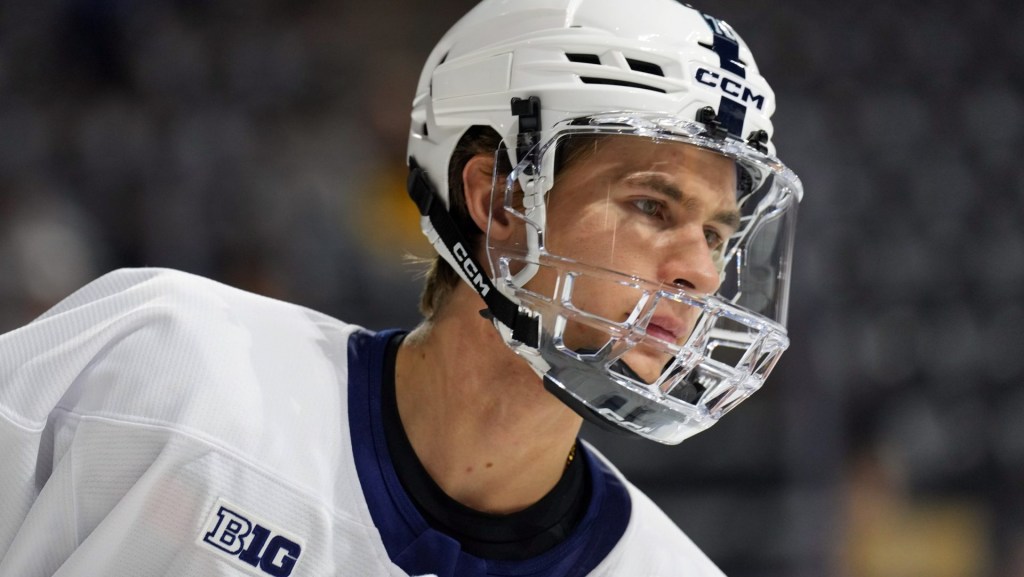This interview is presented to you by the University of Nebraska — Lincoln Master of Arts in Business with a Specialization in Intercollegiate Athletics Administration
By: Meaghan McCloskey, @Meaghan_Mc3
Making the transition from high school to college athletics isn’t easy. However, one of the most challenging aspects of the transition happens before student-athletes even arrive on their college campus: the recruiting process.

Between the calls from coaches and visits to campuses, deciding what college to go to can be overwhelming. This process is what inspired Keirsten Sires, a former soccer and tennis player for Skidmore College, to partner with her friend and fellow student-athlete, Nick Petrella, to start Locker Room Talk (LRT), a website dedicated to making the recruiting process easier for high school athletes and their parents.
What started as a project for an entrepreneurship class, soon turned into the real deal. Upon graduating, Sires went to work in the corporate world, but revisited the idea of Locker Room Talk with Petrella in November 2014. One year later, the website was launched.
“The idea didn’t come from a bad experience with a coach, it was more of ‘let’s keep kids informed and help the next generation as much as we can’,” Sires said. “Initially, [Locker Room Talk] was just rating college coaches and now it’s transformed into blogs, articles and advice for recruiting in all sports.”
“There so much high school athletes don’t know [about the process]. They think they have to be a five-star recruit and go play at Alabama, but that’s not the case.”
Sires, who was recruited to play soccer at Skidmore, believes she could’ve done a better job with the recruiting process had she had a resource like LRT.
“We hear from a lot of former student-athletes saying the wished they had a website like LRT when they were going through the recruiting process. For me, I would’ve been more likely to reach out to coaches myself instead of waiting for them to reach out to me.”
To help give an inside look at the life of a collegiate student-athlete, Sires had LRT’s 18 interns do a two-week Instagram takeover. The intern class includes student-athletes from Yale, Berkley and Albany with sports including crew, basketball, football and fencing. By having current student-athletes as interns, LRT is able to provide a better perspective insight because they’ve been through the process.
“All of the feedback was really positive. Our social media boosted by 50 percent, showing that people were really interested to see what people were doing in college and we especially saw a boost in the under-18 range. We plan on doing more features like the takeover in the near future and have a Facebook live event planned that will discuss the pros and cons of applying for early decision.”
When asked about some of the challenges Locker Room Talk faces, Sires said the hardest part was getting college athletes to fill out their survey. They do a lot of grassroots marketing, so if a coach doesn’t have a rating, they’ll post their career statistics. All reviews are anonymous and about 75 percent of the reviews are positive. If there’s a bad review, it’s usually across the board and not just one outlier.
“We have had to deal with coaches who are angry at their reviews, but when that happens, we remain calm and explain the platform and what it does — it’s meant to benefit student-athletes and coaches. We do have processes for making sure reviews are left by real student-athletes and not a fan of a rival team.”
As Locker Room Talks continues to grow, Sires said she would love to see assistant coaches added to the site and add more of a coach’s timeline (tracking what schools they go to). She believes the resources would be beneficial to student-athletes of all sports in determining if a program is a good fit for them.
You can connect with Locker Room Talk on Twitter, Instagram and Facebook.
